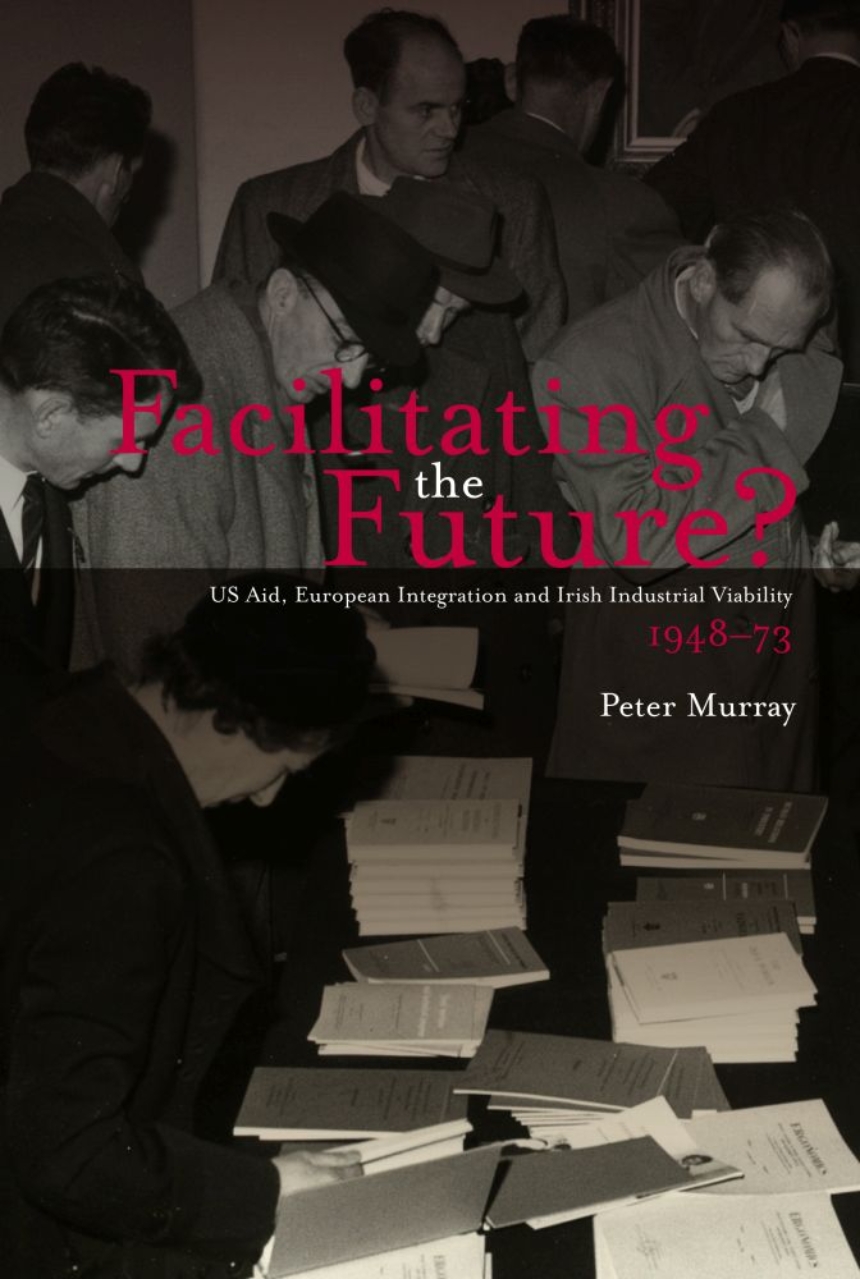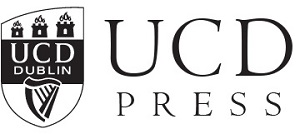University College Dublin Press
Facilitating the Future?
US Aid, European Integration and Irish Industrial Viability,1948-73
9781906359386
Distributed for University College Dublin Press
Facilitating the Future?
US Aid, European Integration and Irish Industrial Viability,1948-73
After the Second World War the Irish state maintained the high industrial tariffs of the 1930s, despite the inefficiency of its protected industries. Such inefficiency fed into the crisis of economic stagnation and mass emigration that engulfed the Republic in the 1950s. As EEC entry became the state’s goal, adapting and upgrading Irish industries for free trade conditions loomed large in the 1960s. These ends were pursued through technical assistance schemes and a productivity drive - innovations introduced to the Irish state by the US Marshall Plan. This book looks at this neglected aspect of post-war Irish history and analyses the social, political and economic effects of the policies pursued.
Table of Contents
Protected Irish Industry and Post-War European Free Trade Marshall Plan Innovations - Technical Assistance and the Productivity Drive US Innovations After US Aid - Technical Assistance and Irish Industry, 1952-73 Industrial Adaptation Partners? Government, Business and Trade Unions Educating Trade Unionists Developing Managers Remoulding Mainstream Education and Inaugurating Science Policy Shaping Social Science Research The Impact of Innovations and the Context of Institutions Notes References Index.

